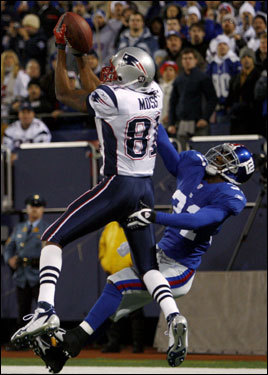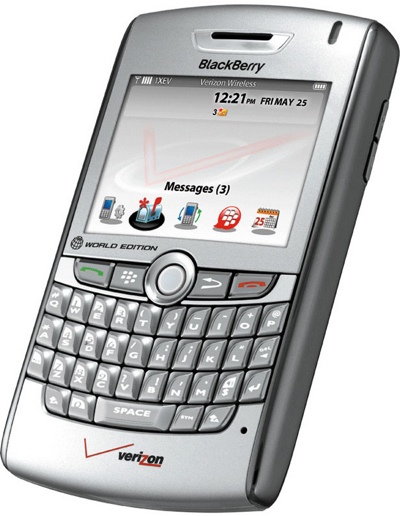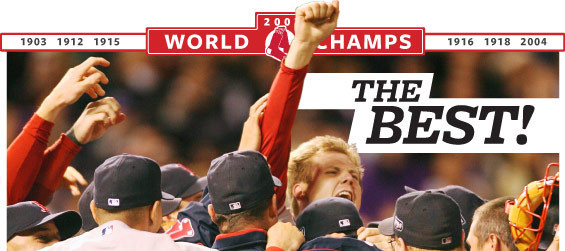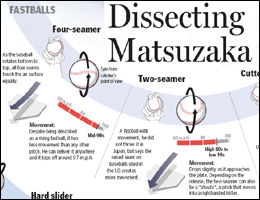Check out the chart below which represents our family of six:

We have 6 days on the ground. When we got here, we thought we'd do 4 days in Disney then 2 between the beach and Kennedy Space Center - or maybe Universal. Well, maybe that won't happen.
As anyone can see, after the 3rd day, it really doesn't make a difference if you go 3 days or 10. You will pay the same to get in regardless. (not including parking, food, Disney stuff). Now if you want to hop parks, that's an extra $45 per person. Not really a big deal when you are talking about 6 days and your once in 5 years Disney vacation. They've made that easy - employ that option only if you want to - any time - no stress for now if you want to pay less.
So what have they done? They've basically made going to the competition - Sea World, Universal, or wherever - more expensive and more of a hassle. They've also made a family's vacation less stressful. Normally, as a Parikh (read super thrifty family), we would be planning our day in detail, coming in early, optimizing Fast Passes and then staying late into the night. Eat quickly so you don't miss a ride or show - go, go, go! Now we can take it slow - let the kids play by the water fountain, toy with the new interactive stuff, look at the pretty lights on the street. Hey, we were only going to spend 4 days to cover each park, now we can do 6. Disney keeps us in and mesmerized - subtly getting us to buy more of their goodies and spending more at their restaurants. Of course, we buy every form of their movies anyways.
This has come with some additional complexity. The tix expire after 14 days (unless you pay more) and cannot be transferred (your fingerprint is tagged to the pass). This kills the "cheap ticket" secondary market and does not force us to save those passes forever. No more guilt for forgetting the damn pass from 4 years ago. Also, Disney can book all the revenue now and not have to hold it in reserve giving them greater certainty.
Now Disney is probably leaving some money on the table as this amounts to $34 per person per day, but we are more likely to avoid the "long hellish wait" ride today and come back tomorrow. We are more likely going to refer others because we'll be happier. We are less likely check out the competition. We are actually going to think that we got a "deal" from the Mouse House. And, we may even come back before another 5 years.














